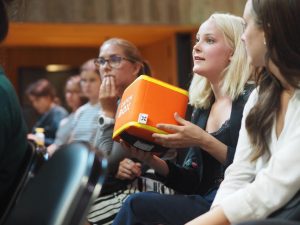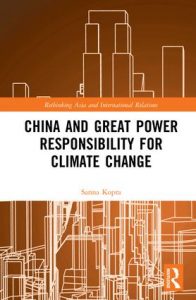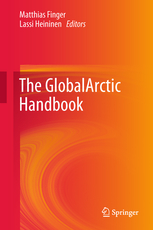Yesterday a book launch of the Postdoctoral researcher Sanna Kopra’s new book took place at Tiedekulma. The event consisted of the book presentation and a panel discussion, moderated by Research fellow Emma Hakala (Finnish Institute of International Affairs). During the first part, Sanna Kopra presented the book and talked about the main themes it covers, namely how China sees its role in climate leadership.


Then at the panel Professor Veli-Pekka Tynkkynen and Postdoctoral researcher Anna Kronlund (John Morton -centre, Turku university) discussed the questions of how China, the United States and Russia define the responsibility of the great powers in international climate policy and to what extent are they willing to bear this responsibility now and in the future. Veli-Pekka Tynkkynen presented Russian views on climate change and Anna Kronlund spoke on the USA’s behalf.


After the presentations there was a question and answer session. The audience, which consisted of large number of people, was very engaged and asked good questions. The discussion was vivid and worthwhile.


The book launch was a complete success. It is always pleasant when listeners come to academic events, but is especially valuable when they attend discussions of such topical issues as climate change.










